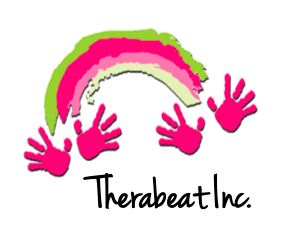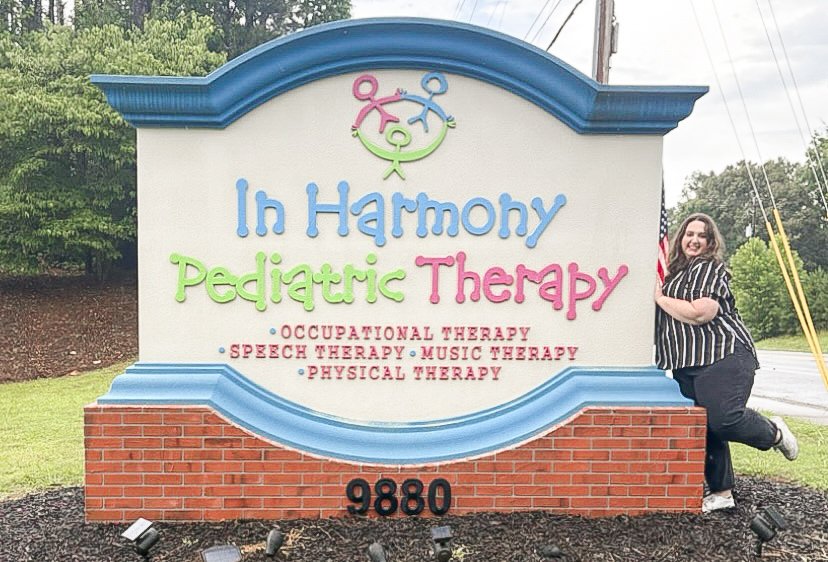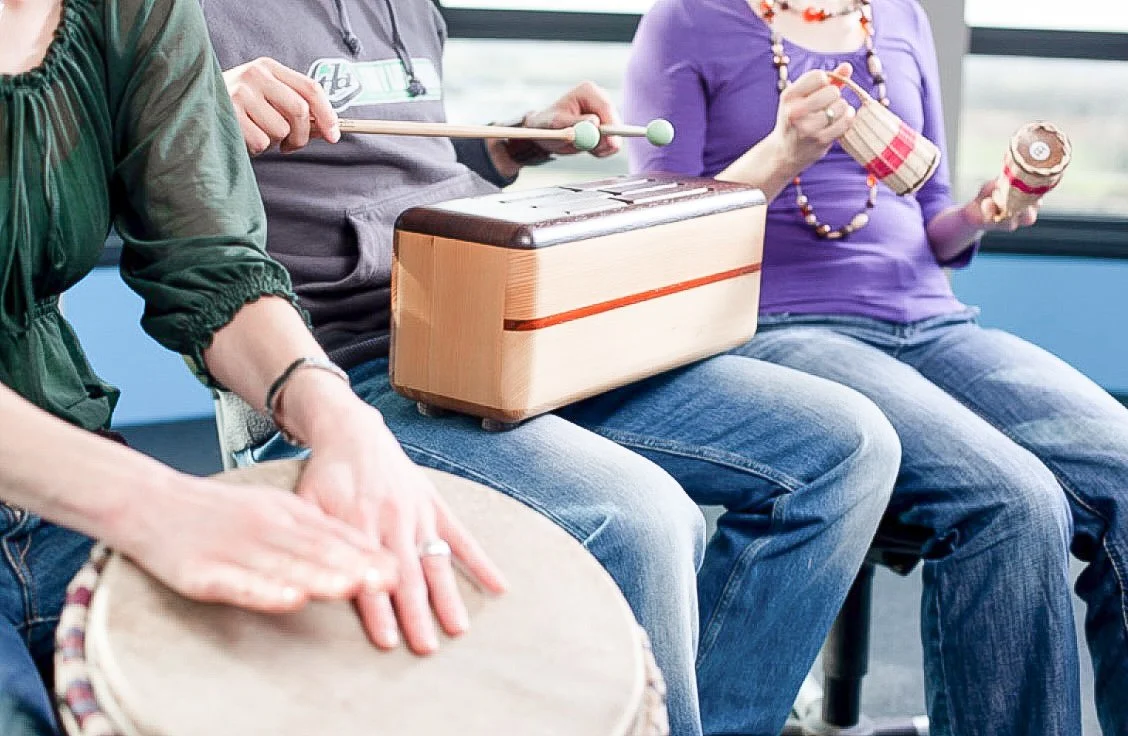With my internship at Therabeat finally coming to a close, I have been reflecting on all the experiences and memories I've made along this journey. My time at Therabeat has taught me so much, from improving my therapeutic techniques and growing my musical skills to what kind of music therapist I want to be. It is hard to believe that the 6 months have now ended.
I have had the amazing opportunity to work with so many different populations, ages, and backgrounds. Through every interaction with clients and families, I've observed the profound impact that music can have. Each session has come with its learning opportunities, and it is hard to put into words how much I have grown over the past 6 months. I have learned how to be flexible when sessions do not always go according to plan. I have learned how to be prepared and open-minded when it comes to communicating and facilitating a plan of care. I have learned how to collaborate with a wide variety of other disciplines and how to provide effective collaborative intervention. Overall, I have learned how to trust in the skills that I already have and to continue to grow in new ones.
I am so beyond thankful for the clinical training I have received. Learning from a variety of supervisors has provided me with a range of experiences that I believe will carry me far in my clinical practice. Over the past 6 months, I have felt a shift in my mindset from being a student music therapist to becoming an emerging professional, and I am so excited to continue to see how I continue to grow from here. The interactions I’ve had with both clients and supervisors have been the best part, and I will miss seeing everyone around the clinic!
-Rebecca Smith, Music Therapy Intern






